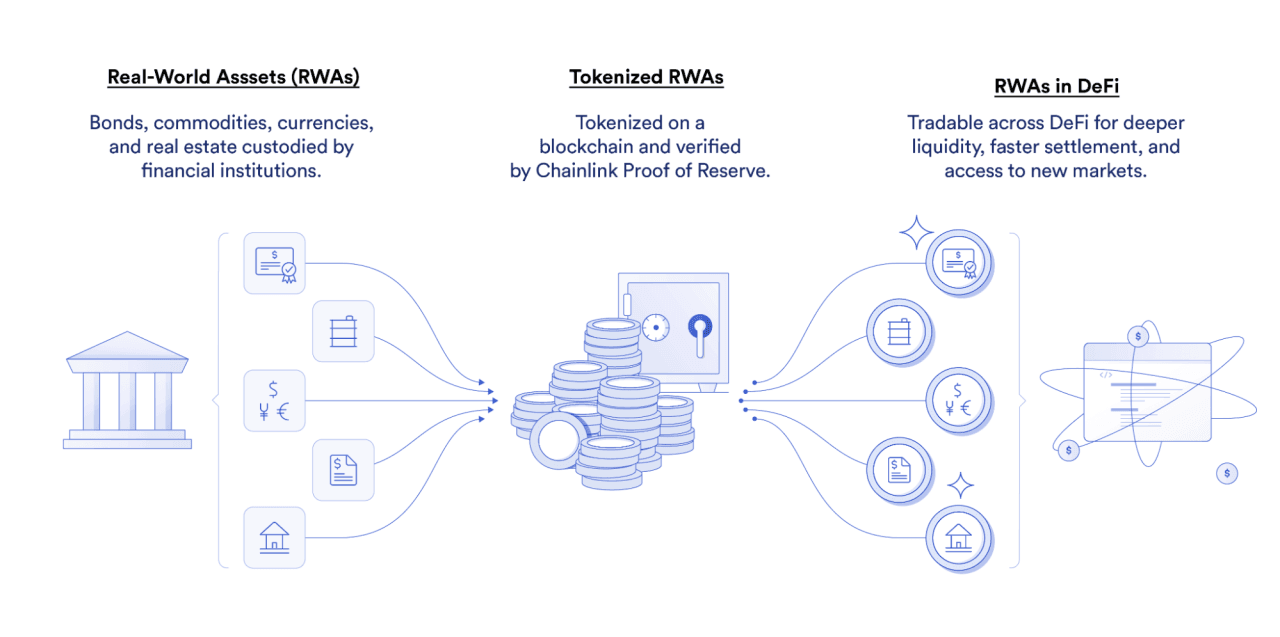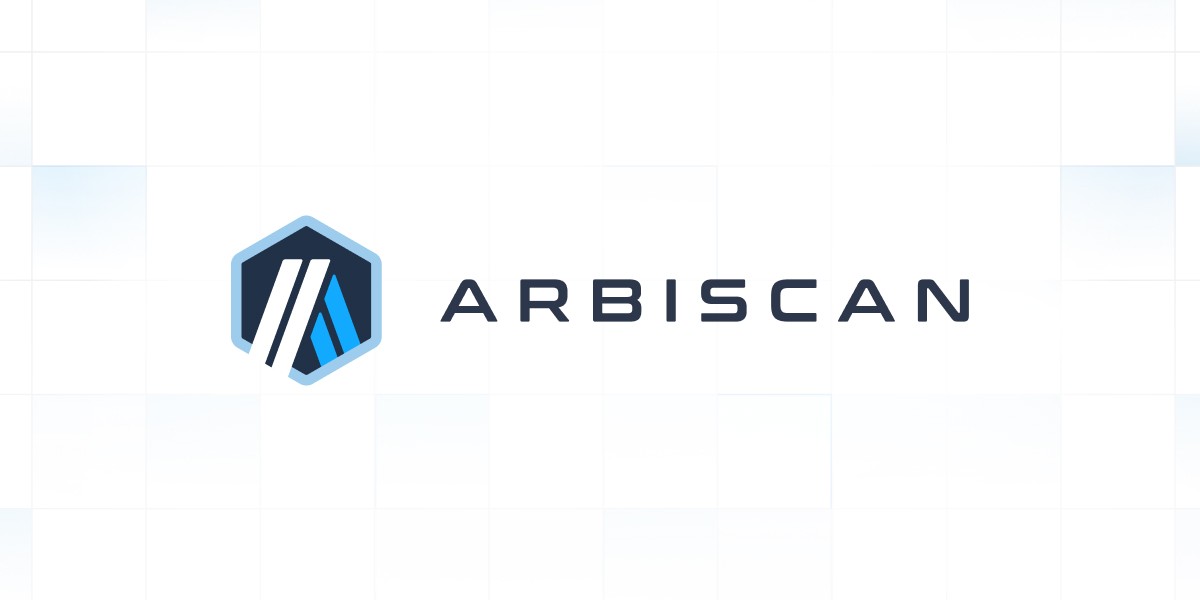
Chunyang Shen
Oct 30, 2024
Discover the compelling benefits of buying pre-IPO shares, including potential high returns, early access to innovative companies, and portfolio diversification, as you explore this unique investment opportunity with Jarsy's user-friendly platform for accredited investors.
Key Takeaways:
• Pre-IPO investing offers the potential for high returns by allowing investors to buy shares in promising companies before they go public.
• Early access to innovative companies in emerging industries provides a competitive edge and unique investment opportunities.
• Adding pre-IPO shares to a portfolio can enhance diversification and potentially reduce overall risk.
• Pre-IPO shares are often available at discounted prices compared to post-IPO valuations, offering greater upside potential.
• Investing in pre-IPO companies can contribute to long-term wealth creation and financial freedom.
• However, pre-IPO investing comes with risks such as illiquidity, valuation uncertainty, and company-specific challenges.
• Platforms like Jarsy are making pre-IPO investing more accessible to individual accredited investors with lower minimum investment requirements.
• Careful due diligence and consideration of one's investment goals and risk tolerance are crucial before engaging in pre-IPO investing.
Benefits of Buying Pre-IPO Shares
A. Potential for High Returns
One of the most compelling benefits of buying pre-IPO shares is the potential for substantial returns on investment. Early investors in successful companies can see their initial investments multiply many times over if the company performs well after going public. Examples of successful pre-IPO investments:
Facebook: Early investors saw returns of over 200,000% when the company went public in 2012.
Uber: Pre-IPO investors experienced significant gains when the company went public in 2019.
Airbnb: Early backers saw their investments soar when the company had its IPO in 2020.
The potential for high returns in pre-IPO investing stems from several factors:
Undervalued companies: Private companies are often valued lower than their public counterparts due to limited information and lack of liquidity.
Growth stage: Pre-IPO companies are typically in their growth stage, with the potential for rapid expansion and market penetration.
First-mover advantage: Early investors can benefit from being among the first to recognize a company's potential, potentially securing better terms and larger allocations.
Compounding growth: As pre-IPO companies often reinvest profits to fuel growth, investors can benefit from compounding returns over time.
B. Early Access to Promising Companies
Pre-IPO investing provides exclusive access to investment opportunities in emerging industries and innovative companies that are not yet available to the general public. This early access allows investors to:
Identify and invest in companies with disruptive technologies
Participate in next-generation technology developments
Support companies that have the potential to become industry leaders
The advantages of early access include:
Competitive edge: Investors can gain a competitive advantage by identifying and investing in promising companies before they become widely known.
Industry insights: Early investors often gain valuable insights into emerging industries and technologies, which can inform future investment decisions.
Relationship building: Pre-IPO investors may have the opportunity to build relationships with company management, potentially leading to future investment opportunities or strategic partnerships.
C. Portfolio Diversification
Adding pre-IPO investments to a portfolio can provide significant diversification benefits and help mitigate overall risk. Private market investments often have low correlation with traditional asset classes such as stocks and bonds, offering:
Exposure to alternative investments
Reduced portfolio volatility
Potential for uncorrelated returns
The diversification benefits of pre-IPO investing include:
Sector diversification: Pre-IPO companies often operate in emerging sectors or niche markets not well-represented in public markets.
Geographic diversification: Private markets can provide access to companies in regions or countries that may be underrepresented in an investor's public market portfolio.
Stage diversification: Investing in companies at different stages of growth (seed, early-stage, late-stage) can help balance risk and potential returns.
D. Discounted Prices
Pre-IPO shares are often available at lower valuations compared to post-IPO prices, offering investors the opportunity to purchase stakes in promising companies at favorable prices. This pricing advantage can lead to:
Higher potential profits
Reduced downside risk
Greater upside potential when the company goes public
Factors contributing to discounted prices in pre-IPO investments:
Illiquidity discount: Private company shares are less liquid than public stocks, often resulting in a valuation discount to compensate for this lack of liquidity.
Information asymmetry: Limited public information about private companies can lead to lower valuations, as investors may require a "risk premium" for the uncertainty.
Early-stage risk: Companies in earlier stages of development may be valued lower due to the inherent risks associated with unproven business models or technologies.
E. Long-Term Wealth Creation
Pre-IPO investing can be a powerful tool for long-term wealth creation and building generational wealth. By identifying and investing in high-potential companies early in their lifecycle, investors can:
Participate in the company's growth journey
Benefit from potential dividend income as the company matures
Realize substantial capital appreciation over time
Strategies for long-term wealth creation through pre-IPO investing:
Patient capital: Adopting a long-term investment horizon allows investors to ride out short-term volatility and benefit from the company's full growth potential.
Reinvestment of gains: Reinvesting profits from successful pre-IPO investments can lead to compounding returns over time.
Portfolio approach: Building a diversified portfolio of pre-IPO investments can help spread risk and increase the chances of identifying high-performing companies.
Risks and Considerations of Pre-IPO Investing
While the benefits of buying pre-IPO shares are numerous, it's essential to understand and consider the associated risks and challenges.
A. Illiquidity
One of the primary risks of pre-IPO investing is the illiquidity of these investments. Pre-IPO shares are typically subject to:
Lock-up periods
Limited trading opportunities
Restricted exit strategies
Investors must be prepared to hold their investments for an extended period, as it may be challenging to sell shares before the company goes public or without incurring significant discounts.
B. Valuation Uncertainty
Determining the fair market value of pre-IPO companies can be challenging due to:
Limited financial information
Lack of public market comparables
Potential for rapid changes in valuation
This uncertainty can lead to price volatility and requires investors to conduct thorough due diligence to make informed investment decisions.
C. Company-Specific Risks
Investing in early-stage companies carries inherent risks related to:
Business model viability
Management team changes
Competition from established players
Market and economic fluctuations
These risks can be more pronounced in pre-IPO companies, which may not have the same level of stability and track record as established public companies.
D. Regulatory and Legal Considerations
Pre-IPO investing is subject to various regulatory requirements and legal considerations, including:
SEC regulations governing private placements
Accredited investor status requirements
Complex legal documentation
Investors must be aware of these regulatory aspects and may need to seek professional advice to navigate the legal landscape of pre-IPO investing.
How to Invest in Pre-IPO Shares
A. Traditional Channels
Historically, pre-IPO investing has been accessible primarily through:
Private equity firms
Venture capital funds
Angel investor networks
Family offices
These traditional channels often require significant capital commitments and may have high barriers to entry for individual investors.
B. Online Platforms
The emergence of online investment platforms has democratized access to pre-IPO investing. Jarsy (https://docs.getjarsy.com/) is one such platform that offers individual investors the opportunity to participate in pre-IPO investments with smaller minimum investment requirements.Key features of Jarsy:
Access to a curated selection of pre-IPO investment opportunities
Lower minimum investment thresholds
User-friendly interface for managing investments
Transparent fee structure
Platforms like Jarsy have made it possible for a broader range of investors to participate in the pre-IPO market, opening up new avenues for portfolio diversification and potential growth.
Conclusion: Is Pre-IPO Investing Right for You?
The benefits of buying pre-IPO shares are compelling, offering the potential for high returns, early access to promising companies, portfolio diversification, discounted prices, and long-term wealth creation. However, these advantages come with significant risks and considerations, including illiquidity, valuation uncertainty, company-specific risks, and regulatory complexities.Before engaging in pre-IPO investing, it's crucial to:
Carefully assess your investment goals and risk tolerance
Conduct thorough due diligence on potential investments
Consider seeking professional advice from financial advisors or legal experts
Ensure that pre-IPO investments align with your overall investment strategy and financial situation
For those willing to navigate the complexities and accept the risks, pre-IPO investing can be a powerful tool for building a diversified portfolio and potentially achieving significant long-term returns. As with any investment decision, it's essential to approach pre-IPO investing with a clear understanding of both the opportunities and challenges it presents.
Recommended articles



